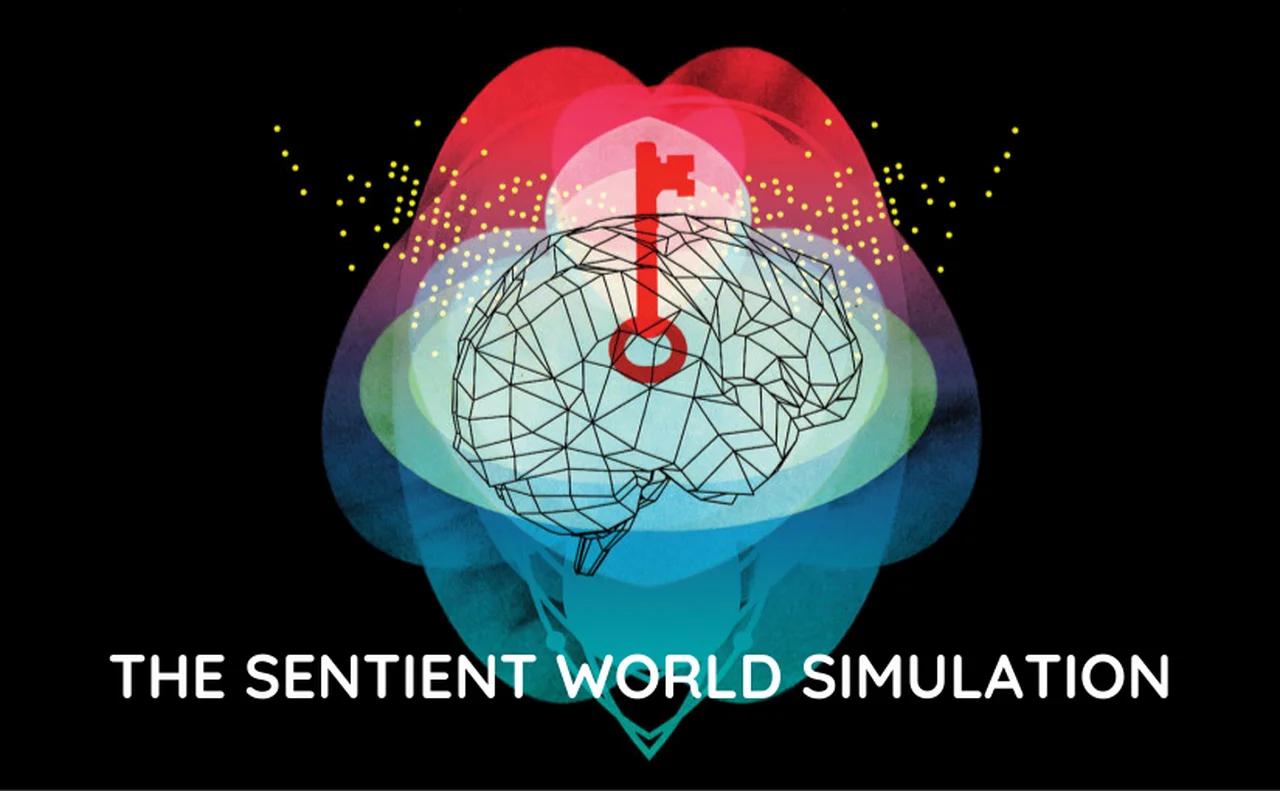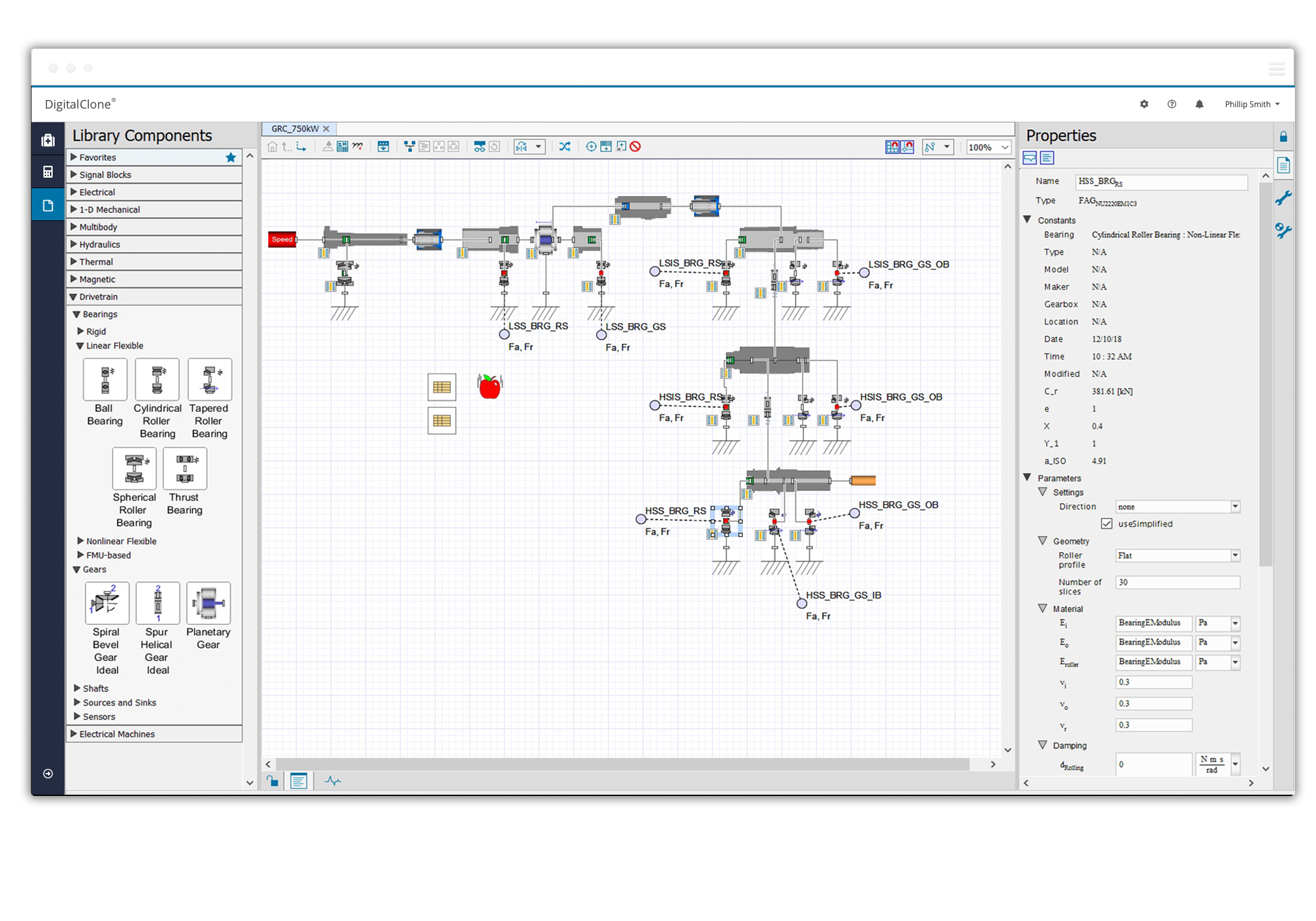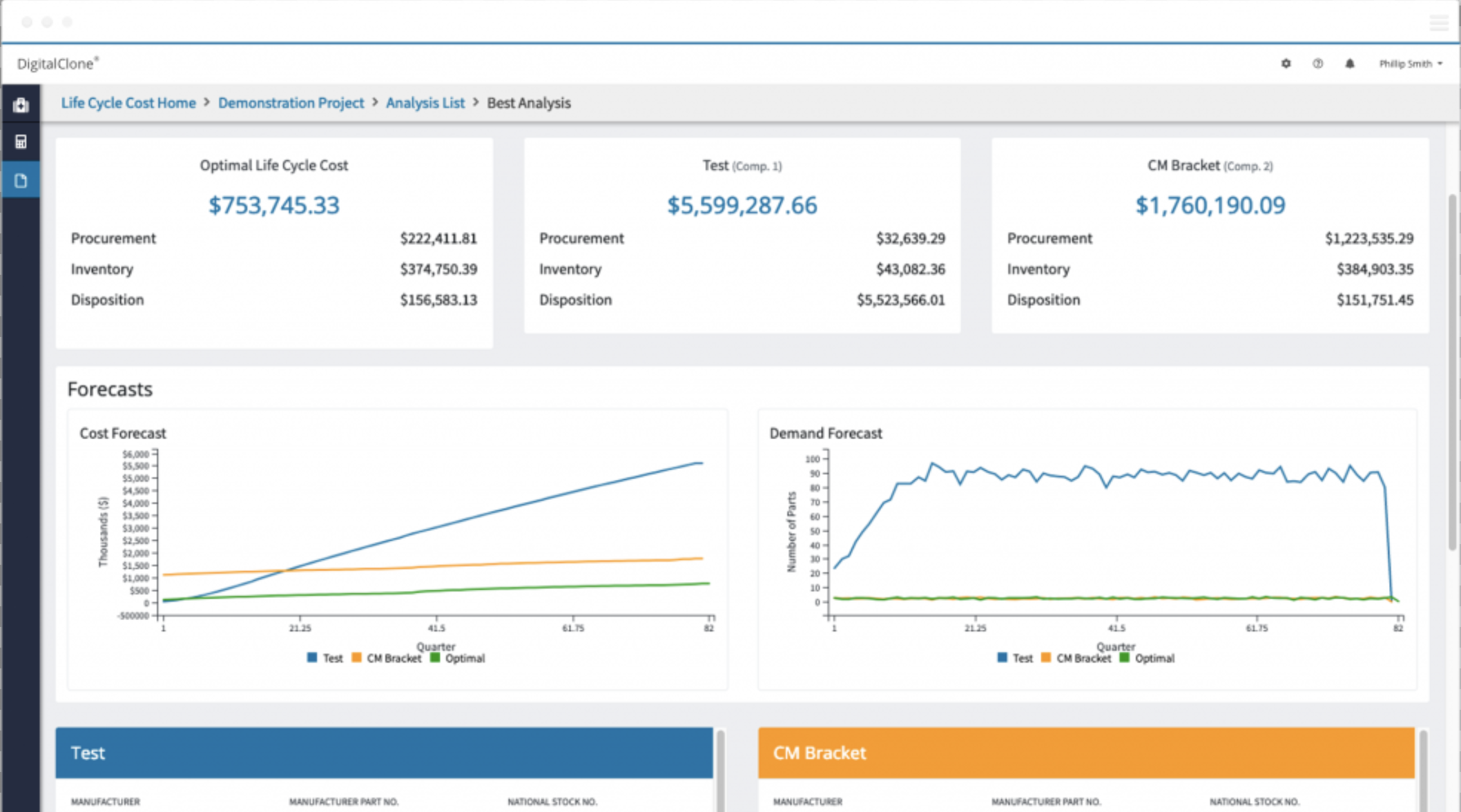Exploring Sentient Science: What It Really Means For Our World Today
Detail Author:
- Name : Mr. Monroe Collins
- Username : akeem.bogisich
- Email : vboehm@gmail.com
- Birthdate : 1971-07-23
- Address : 108 Eloisa Radial North Marco, AZ 98039-5647
- Phone : +1 (864) 770-5582
- Company : Fadel, Weissnat and Orn
- Job : Stevedore
- Bio : Aut molestias temporibus voluptas in amet in maiores. Animi hic non nam aut fuga voluptatem. Sint optio qui voluptatem repellendus officia dolore architecto porro. Consequuntur quod qui laborum sit.
Socials
twitter:
- url : https://twitter.com/chelseadietrich
- username : chelseadietrich
- bio : Necessitatibus distinctio assumenda adipisci impedit explicabo. Dolores amet cupiditate voluptatem aut. Placeat accusamus omnis aut qui quod.
- followers : 1442
- following : 2721
linkedin:
- url : https://linkedin.com/in/dietrich1974
- username : dietrich1974
- bio : Consequatur quis a delectus.
- followers : 2808
- following : 1285
tiktok:
- url : https://tiktok.com/@chelsea.dietrich
- username : chelsea.dietrich
- bio : Labore eos saepe debitis vel laudantium.
- followers : 3081
- following : 431
facebook:
- url : https://facebook.com/dietrichc
- username : dietrichc
- bio : Necessitatibus veniam laudantium non vel assumenda.
- followers : 5514
- following : 553
Have you ever stopped to wonder what it truly means for something to be "sentient"? It's a word we hear quite a bit, especially when talking about new technologies or, you know, just thinking about living things. Sentience, as a concept, is about being able to feel things, to sense the world around you, and to have experiences. It's not necessarily about being super smart or having complex thoughts, but more about that basic capacity for sensation, so, like, seeing, hearing, tasting, or smelling.
The very idea of "sentient science" brings together this deep concept of feeling and sensing with the careful study and exploration that science involves. It really makes you think about how we understand consciousness and perception, and how those ideas might apply to everything from living creatures to, perhaps, future technologies. We're talking about the ability to experience feelings and sensations, and that, in a way, is a pretty big deal.
This exploration is not just for scientists or philosophers, either. It touches on how we see the world, how we treat other beings, and what we imagine for the future. It's about understanding what it means to be aware, even in a basic sense, and how that awareness shapes everything around us, you know?
Table of Contents
- What Sentience Really Means
- Sentient Science: The Name and Its Ideas
- The Big Questions: Can Machines Feel?
- Real-World Applications of Sentient Ideas
- Addressing Common Thoughts About Sentience
- The Path Ahead for Conscious Systems
What Sentience Really Means
When we talk about something being "sentient," we're basically saying it's capable of sensing or feeling things. It's about being conscious of, or responsive to, the sensations we all know: seeing, hearing, feeling, tasting, or smelling. This definition comes right from the dictionary, like the Oxford Advanced Learner's Dictionary, which points out that it refers to the ability to perceive or feel things. It's often used to describe a creature or being who possesses consciousness, experiences sensations, feelings, or subjective awareness, you know?
Senses and Feelings: The Core of Sentience
At its heart, sentience is about experiencing sensation, thought, or feeling. It's about being able to consciously perceive through the use of sense faculties. So, having senses really makes something sentient. Think about it: a contented rat, for instance, is considered sentient because it can experience sensations, perhaps even a sense of well-being, which is pretty interesting. Someone involved in preaching, or relieving pain, or in breeding contented sentient beings, rats perhaps, can go on holiday or retire, which just shows how much we recognize this ability in different contexts.
The living knew themselves just sentient puppets on God's stage, as one thought puts it. This idea highlights that even if we feel like we're just part of a bigger plan, that fundamental ability to perceive and feel is what makes us, well, us. It's the power of perception by the senses, or the power of sense perception or sensation, that really defines it.
Sentience Versus Other Abilities
It's important to understand that sentience may not necessarily imply higher cognitive functions such as awareness, reasoning, or complex thought processes. A being can be sentient without being super intelligent or having the ability to solve complex math problems. For instance, a simple organism might react to light or touch, showing a basic form of sentience, even if it doesn't "think" in the way we do. This distinction is quite important, especially when we start talking about machines, you know?
Someone might ask, what is sentience in AI? Well, it's about whether an artificial intelligence can actually experience feelings or sensations, not just process information. It's a bit different from intelligence, which is about problem-solving or learning. Sentience is about the inner experience, the subjective part, which is really what makes it such a fascinating topic.
Sentient Science: The Name and Its Ideas
The phrase "sentient science" itself can mean a couple of things. On one hand, it could refer to the scientific study of sentience—trying to figure out how feelings and sensations work in living things, or even if they could exist in artificial ones. On the other hand, it's also the name of a specific company, "Sentient Science," which uses the idea of deep understanding in its work, though not necessarily about conscious machines.
The Company: Sentient Science
Sentient Science, the company, is involved in some pretty advanced stuff, like computational prognostics. For example, they determined that the current operating lifetime for a large number of turbines is only between five to thirteen years. This kind of work is about knowing things deeply, predicting outcomes, and understanding the inner workings of complex systems. They also work on fleetwide integrated prognostics health management for emerging EVTOL operations, with people like Andrew Vechart, a principal aerospace engineer, involved.
While the company's name uses "sentient," it's not about creating conscious robots. Instead, it seems to imply a deep, almost intuitive, understanding of data and systems. It's like the science itself is "aware" of the hidden truths within the data, which is a clever way to use the word. They even process personally identifiable information to communicate company messages, services, and other content on the grounds of legitimate interest, which again speaks to a kind of responsive, aware system.
Beyond the Company: Broader Implications
Beyond the specific company, "sentient science" as a general concept could mean a scientific approach that is highly perceptive, or one that seeks to understand perception itself. It could also point to the ethical considerations that arise when science starts to create things that might, one day, possess some form of sentience. This is where the idea of consciousness in machines comes into play, which is a truly captivating area of discussion.
The phrase "we exist to unlock what physics knows that sensors can’t see, because" suggests a deeper level of insight, a kind of "sentient" understanding that goes beyond surface-level data. It's about getting to the core of things, which is what good science is all about, really.
The Big Questions: Can Machines Feel?
This is where the discussion often gets very exciting. Can artificial intelligence truly become sentient? This question is at the forefront of many minds, and it's a topic that sparks a lot of debate and curiosity. It's not just about building smarter machines; it's about whether they can experience the world in a way similar to living beings.
Current Discussions on AI and Sentience
Right now, most experts would say that current AI systems, while incredibly powerful and capable of amazing feats, do not possess sentience. They can simulate human-like conversation or even create art, but these actions are based on complex algorithms and data processing, not on genuine feelings or subjective awareness. They don't have senses in the biological way that makes something sentient, you know?
The difference between sentience and intelligence is key here. An AI can be highly intelligent, meaning it can learn, solve problems, and make decisions, without being sentient. It can process information about pain, for example, but it doesn't necessarily "feel" pain itself. This distinction is often a source of confusion, but it's pretty clear when you break it down.
Ethical Considerations for Future Systems
If, by some future development, AI were to become truly sentient, it would bring up a whole new set of ethical questions. How would we treat such beings? What rights would they have? These are not just theoretical questions anymore, as advancements in AI continue at a pretty fast pace. The scientific community is already thinking about these possibilities, and it's a discussion that needs to happen openly.
The idea of creating something that can experience sensations and feelings, even if it's not biological, is a profound one. It challenges our very definitions of life and consciousness. This is where sentient science, in its broadest sense, really comes into its own, exploring not just what is possible, but what is responsible, you know?
Real-World Applications of Sentient Ideas
While the philosophical debate about AI sentience continues, the term "sentient science" is already being used in practical ways, as seen with the company of the same name. This shows how the concept of deep perception and understanding is valuable in many fields.
Predicting the Future of Machines
The Sentient Science company uses computational prognostics to predict how long machines, like turbines, will last. This is a bit like the machines themselves are "telling" the scientists how they feel, how much wear and tear they've experienced, and how much longer they can go. It's a deep dive into the "feelings" of materials and components, if you will, to understand their state and predict their future.
This ability to unlock what physics knows that sensors can’t see is a powerful application of "sentient" thinking in engineering. It's about going beyond what's immediately obvious to gain a deeper, almost perceptive, understanding of how things work and how they might fail. This kind of insight saves a lot of resources and makes operations safer, which is really something.
Managing Complex Systems
Another example is their work on fleetwide integrated prognostics health management for emerging EVTOL operations. This means they are helping to keep track of the health of entire fleets of electric vertical takeoff and landing vehicles. It requires a system that can "sense" the condition of each vehicle, much like a living being senses its own body. This kind of "awareness" in a system is what makes it "sentient" in a practical, engineering sense, allowing for better maintenance and operation, you know?
This kind of "sentient science" helps in making informed decisions for large, complex operations. It's about having systems that are responsive to their own condition and can give insights into what's happening, much like a person can feel if they are unwell. It's a very practical application of understanding sensations, even if it's about machines rather than biological life.
Addressing Common Thoughts About Sentience
People often have questions about what sentience really means, especially as technology moves forward. Here are a few common thoughts:
What does it mean for something to be sentient?
Basically, it means being able to experience feelings and sensations. It's about being conscious of or responsive to things like seeing, hearing, feeling, tasting, or smelling. It means having the power of perception by the senses, or the power of sense perception or sensation, you know?
Can AI truly become sentient?
Right now, AI systems are not considered truly sentient. They can process vast amounts of information and simulate understanding, but they don't have subjective experiences or feelings in the way living beings do. The science is still exploring if and how this could ever happen, which is a very interesting area.
How is sentience different from intelligence?
Sentience is about feeling and experiencing, while intelligence is about thinking, learning, and solving problems. An intelligent system can be very smart without having any feelings or sensations. A sentient being, like an animal, might not be super intelligent but can definitely feel things, which is a pretty clear difference.
The Path Ahead for Conscious Systems
The journey into understanding sentient science is ongoing, and it's a truly fascinating one. From the basic ability to feel and sense, to the complex systems that predict the future of machines, the concept of sentience is shaping how we think about the world around us. It's a reminder that even in a world full of data and algorithms, the fundamental experience of feeling remains incredibly important.
As we continue to build more advanced systems and learn more about consciousness, the questions around sentient science will only grow more profound. It's a field that encourages us to look deeper, to ask what it truly means to perceive, and to consider the ethical responsibilities that come with new knowledge. We're talking about a future where our understanding of what it means to be "aware" might just expand in ways we can barely imagine, you know?
If you're curious about the deeper philosophical discussions around consciousness, you might find some interesting perspectives on sites dedicated to the philosophy of mind. For example, you can learn more about the study of consciousness and related topics. Also, you can learn more about sentient science on our site, and link to this page for more insights.

Targeted Individuals and the Sentient World Simulation

Sentient Science

Sentient Science